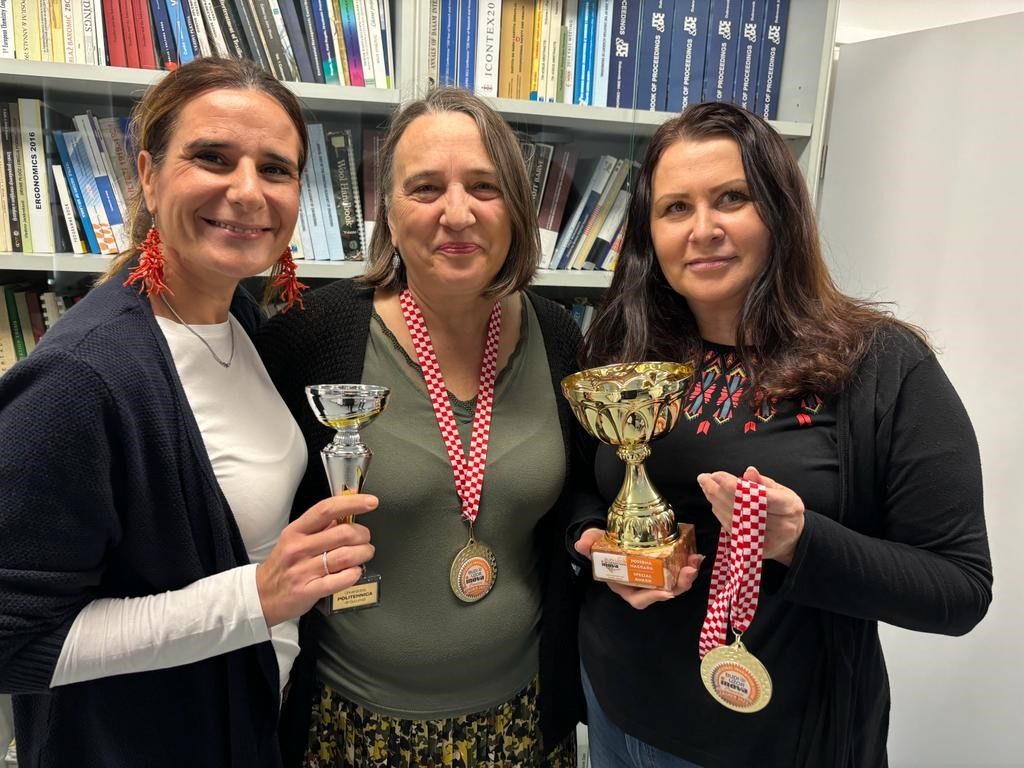CAETS 2023 Conference
e2-mobility
Solutions and Opportunities
Croatian Academy of Engineering was presiding over International Council of Academies of Engineering and Technical Sciences (CAETS), world alliance of 31 academies, during year 2023, and its presidency culminated in organisation of CAETS 2023 conference e2-mobility – Solutions and Opportunities, held in Zagreb, on October 9-11, 2023. The conference was attended by 85 registered participants from academies and industry.
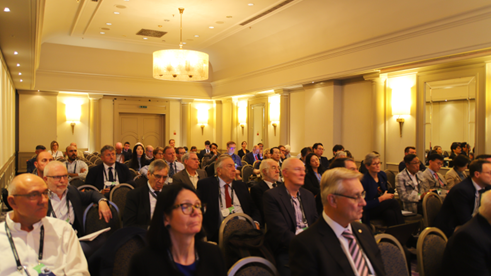
Abstract
Decarbonisation of transport will bring significant changes to the way humanity moves people and goods around. While electrification may help with both greenhouse and local emissions, it will also convey huge change to car production and servicing chains. Electrification of transport makes car more of IT product, having battery management software at the core. Such informatisation then brings also changes to interaction between driver and vehicle, slowly removing the driver from the steering wheel. Will that free more time, or result in more mobility? What will happen to car ownership? Will it persist, or transport will move towards being a mobility service? Will the service then be personal, or more like public transport today? In the end, what we need are passenger-km and ton-km, how we will supply them? Will the batteries cover all our needs, or the energy density will be a limitation to heavy transport and hydrogen and/or electrofuels will help? What about e-roads, would they be preferred option to hydrogen? Will new technologies develop in the same regions where old car industry is, or will the cards be shuffled again? Shall we have enough resources? What about recycling batteries? How will e-mobility be integrated to the power grids, will it help to the integration of variable renewables, or will it bust the grids? These and many other questions related to the transition of transport systems will have to be answered and we see CAETS as an excellent forum to debate it.
Programme
CAETS 2023 Opening
Main topics were covered by sessions, introduced by invited speaker, and then discussed by 4-5 panellists.
The first panel „Electrification of transport and integration with energy systems” on the topic of connecting electrified transport and the power system, including issues such as: S curve adoption of EVs, smart charging and smart grids, the role of V2G in balancing, fast charging, potential of e-roads, and more on integration of electric vehicles with power system; was moderated by Prof. Neven Duić from the Faculty of Mechanical Engineering and Naval Architecture of the University of Zagreb in front of the Croatian Academy of Technical Sciences. The panel consisted of Prof. Henrik Lund (in absence), Prof. Katherine Woodthorpe (Australian Academy of Technical Sciences and Engineering), Prof. Joeri Van Mierlo (Director of the Research Center for Electromobility MOBI, Vrije Universiteit Brussels, Belgium), Prof. Hrvoje Pandžić (University of Zagreb Faculty of Electrical Engineering and Computing), and Prof. Ulrich Wagner (Technical University of Munich).

The second panel, on the development of electric vehicle batteries, future prospects of lithium-ion batteries, solid state batteries, importance of battery management software, and transition resources and bottlenecks, was moderated by Prof. Željko Tomšić from the University of Zagreb Faculty of Electrical Engineering and Computing in front of the Croatian Academy of Technical Sciences. Invited speaker Wu Kai, PhD, the leading scientist of the world’s largest manufacturer of car batteries, Chinese CATL, presented the current state of development of batteries for electric cars.
The panel consisted of Dr. Kai Wu (CATL), Prof. Tony Harper (Head of Battery Systems Development, Faraday Battery Challenge UK / Challenge Director for Faraday Battery Challenge at UK Research and Innovation ), Prof. Mario Vašak (Laboratory for Renewable Energy Source Systems, University of Zagreb Faculty of Electrical Engineering and Computing) and Prof. Zoran Mandić (University of Zagreb Faculty of Electrochemistry, FKIT).
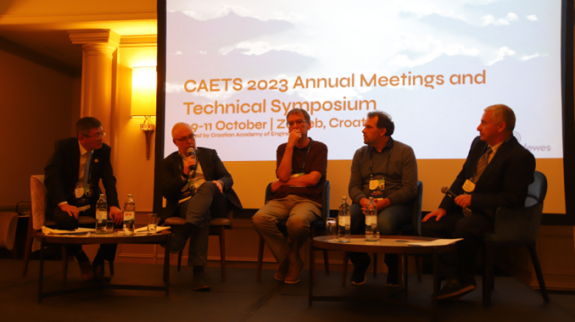
The third panel was initiated by the invited speaker, Prof. Emeritus Frano Barbir of the University of Split, Faculty of Electrical Engineering, Mechanical Engineering and Naval Architecture, from Croatia, speaking on the topics of hydrogen as a flexible energy carrier, hydrogen production and storage challenges, fuel cell systems, performance and durability of fuel cells, and the role of electrofuels in heavy transport.
The panel was moderated by Prof. Bruno Zelić, University of Zagreb, Faculty of Chemical Engineering and Technology, Croatia. Panel also featured Prof. Tomaž Katrašnik of the University of Ljubljana, Faculty of Mechanical Engineering, Slovenia, Prof. Rodolfo Taccani, the Prorector for Technology Transfer at the University of Trieste, Italy, and Assist. Prof. Ankica Kovač of the University of Zagreb, Faculty of Mechanical Engineering and Naval Architecture in Croatia, head of Power Engineering Laboratory.
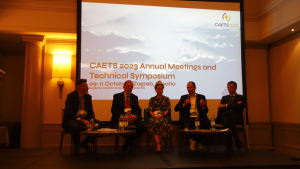
The fourth panel on “Autonomous driving“, was moderated by Prof. Vedran Mornar, University of Zagreb, Faculty of Electrical Engineering and Computing, Croatia, covering the topics of Sensors, artificial intelligence, traffic control and connected autonomous vehicles, legal issues and consequences on ownership models. The panel was initiated with the invited speaker Mr. Sacha Vrazic, Rimac Automobili, Croatia, presenting the recent advancements in autonomous driving performed by Rimac Automobili laboratory. The panel featured also Prof. Subhasis Chaudhuri, the Kamalnayan Bajaj Chair Professor in the Department of Electrical Engineering of IIT Bombay, India, Academician Ivan Petrović, Faculty of Electrical Engineering and Computing, University of Zagreb, Croatia, Prof. Kumares Sinha, Distinguished Professor of Civil Engineering at Purdue University, USA, and Prof. Alexander Katriniok, Eindhoven University of Technology (TU/e), Netherlands.
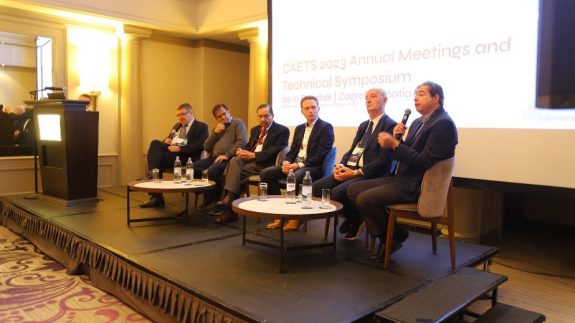
The last panel on the topic of “Modal shift – roads, railways or planes?”, moderated by Prof. Hrvoje Gold, University of Zagreb, Faculty of Transport and Traffic Sciences, Croatia, covered the topics of Modal integration using Mobility as a Service (MaaS), intelligent modal shift, modal route optimization, last-mile delivery, new e-transport technologies. Discussion was initiated by the invited speaker, Prof. Borna Abramović, University of Zagreb, Faculty of Transport and Traffic Sciences, Croatia. The panel also featured Prof. Edna Mrnjavac, Faculty of Tourism and Hospitality Management in Opatija of the University of Rijeka, Croatia, Prof. Elmar Fürst, Institute for Transport and Logistics Management at WU Vienna, Austria, Prof. Ádám Török, Budapest University of Technology and Economics, and Prof. Marko Ševrović, Faculty of Transport and Traffic Sciences, University of Zagreb.
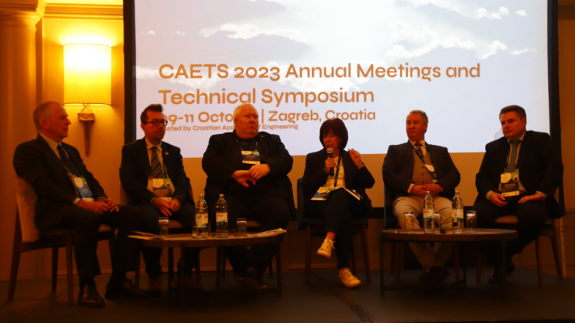
The conference also included e2-Mobility Working Group meeting on the first day (9th of October), where the internal draft of the CAETS 2023 e-mobility report on the decarbonization of transport was presented to the working group.
Further on, CAETS Board Meeting was held on the same morning, while the first day of the conference was closed with the Communication Prize Award Ceremony.
On the second day of the conference, 10th of October, the CAETS Council Meeting took place in the afternoon.
CAETS 2023 Closing
Third day of the conference, 11th of October, was dedicated to a study visit of the participants to the Rimac Automobili laboratories and factory near Zagreb.
Video materials from all panels can be found on the YouTube channel of the media Croatian Academy of Engineering and Conference website: CAETS 2023
Organizing Committee
Neven Duić, chair
Vedran Mornar
Nikola Čavlina
Vladimir Mrša
Hrvoje Gold
Igor Kuzle
Bruno Zelić
Željko Tomšić
Vladimir Andročec
International Scientific Committee
Neven Duic, Chair
Vedran Mornar
Frano Barbir
Bruno Zelić
Nikola Čavlina
Željko Tomšić
Hrvoje Gold
Igor Kuzle
Iva Ridjan Skov
Vedran Kirinčić
Pine Pienaar
Programming Committee
Vedran Morar, Chair
Neven Duić
Hrvoje Gold
Ruth A. David
Gérard Creuzet
Oscar Vignart
-
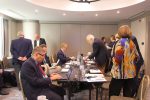 CAETS 2023More images
CAETS 2023More images
